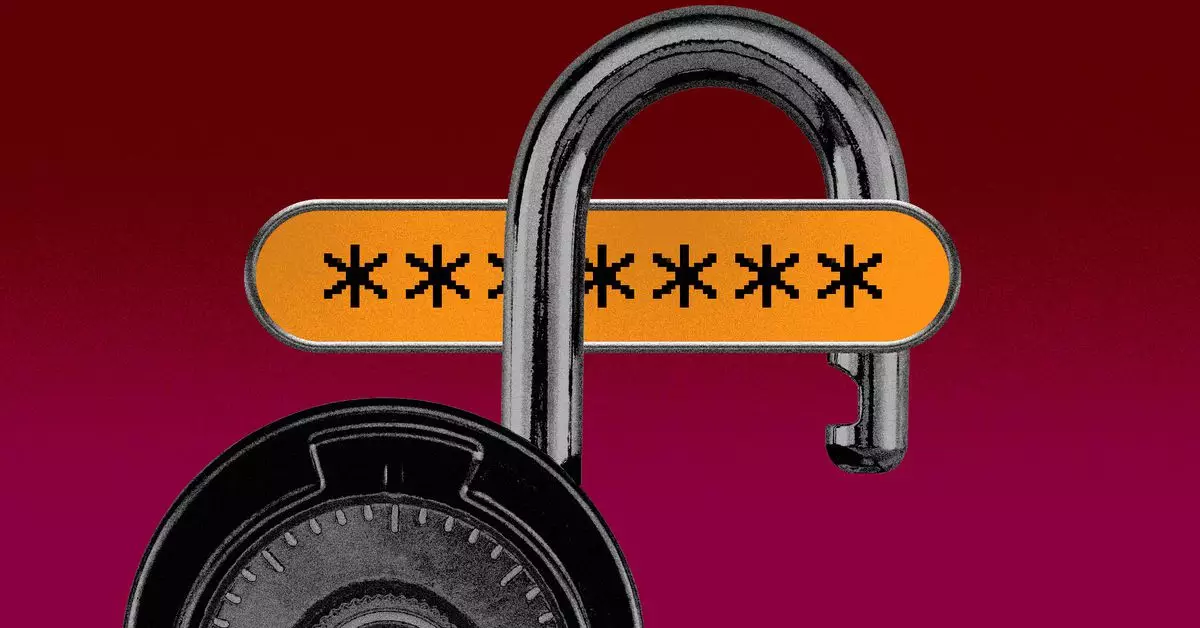In today’s increasingly digital landscape, the security of user accounts remains paramount. Companies like Okta play a critical role in safeguarding identities and providing authentication services. However, even giants in the cybersecurity realm are not immune to vulnerabilities. The recent revelation regarding Okta emphasizes the importance of ongoing vigilance and the need for robust security measures.
On a seemingly routine evening, Okta disclosed a significant vulnerability in their security advisories that has drawn industry experts’ attention. The problem posed uniquely affects user accounts with an unusually long username—specifically, those exceeding 52 characters. Under particular conditions, it was possible for malicious actors to gain unauthorized access by merely inputting any password, thus undermining the fundamental protection that passwords are supposed to provide. This gap raised serious concerns about the effectiveness of Okta’s authentication mechanisms.
The intricate nature of this flaw stems from how the authentication process employs caching. Specifically, during high traffic periods or when the authentication agent is unavailable, logins could potentially default to cached credentials without proper verification of the password input. This situation raises troubling questions about the robustness of the mechanisms that were meant to secure user access, suggesting that even standard practices like multi-factor authentication could become ineffectual under certain conditions.
Diving deeper into the technical specifics, the vulnerability was identified in the way cache keys were generated for Active Directory/LDAP DelAuth using the Bcrypt hashing algorithm. In scenarios where the conditions allowed, the combination of the user ID, username, and password utilized for creating the cache could be manipulated. Consequently, if an attacker knew or could guess the stored cache key from any previous successful login, they could bypass standard authentication checks.
The situation was exacerbated by Okta’s update on July 23, prior to the discovery of the flaw. This highlights a critical issue in software development: how new updates and changes can inadvertently introduce vulnerabilities into seemingly secure systems. The transition from Bcrypt to the more secure PBKDF2 algorithm was a necessary corrective action, but it also illustrates the ongoing battle between security innovation and the emergence of vulnerabilities.
For organizations utilizing Okta’s services, the implications are profound. Operating without adequate safeguards can lead to breaches that may compromise sensitive data and undermine user trust. As the company advised its customers to scrutinize three months of system logs, it reflects a call to action, emphasizing that businesses must take the initiative to audit their security measures regularly.
Moreover, this incident serves as a cautionary tale for other tech companies: even well-regarded security companies are susceptible to critical lapses. It reinforces the necessity for rigorous testing protocols, transparency, and quick response mechanisms to emerging security threats.
The vulnerability exposed in Okta’s recent advisory signifies a need for enhanced awareness and proactive defense amongst companies that prioritize cybersecurity. Users and organizations alike must engage in a continuous evaluation of their security protocols, ensuring that they can withstand potential breaches while fostering an environment of trust in digital security infrastructures.


Leave a Reply